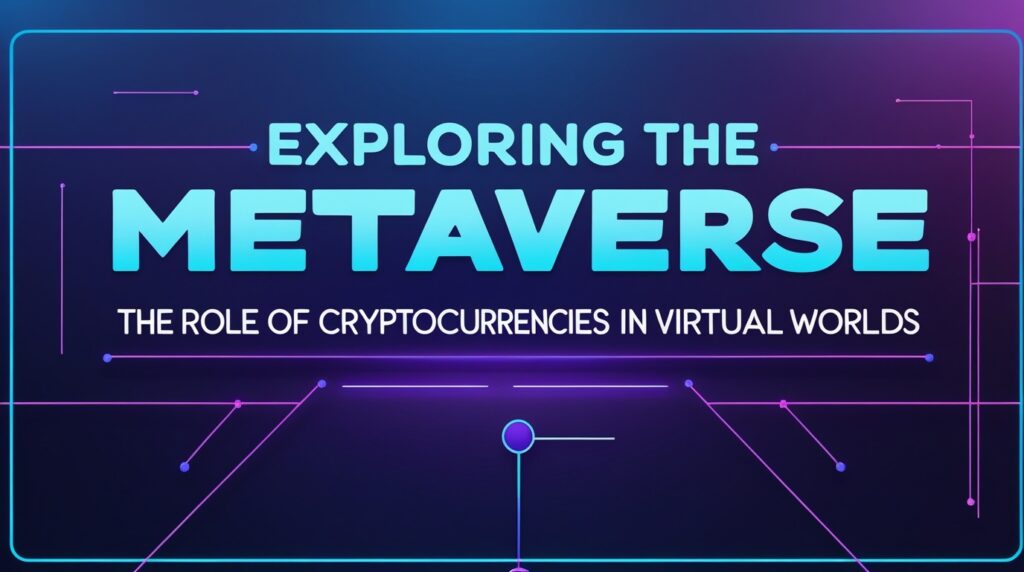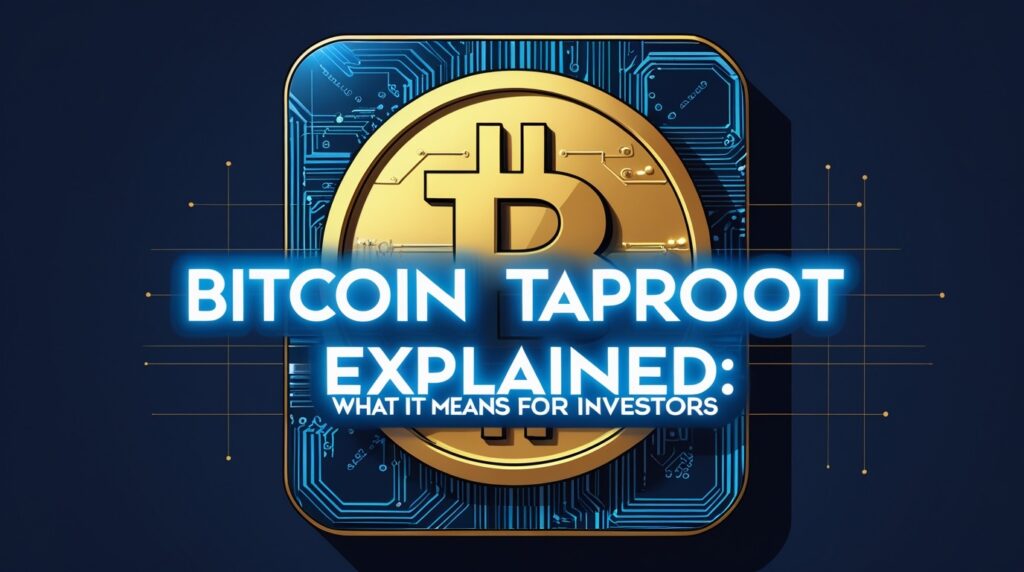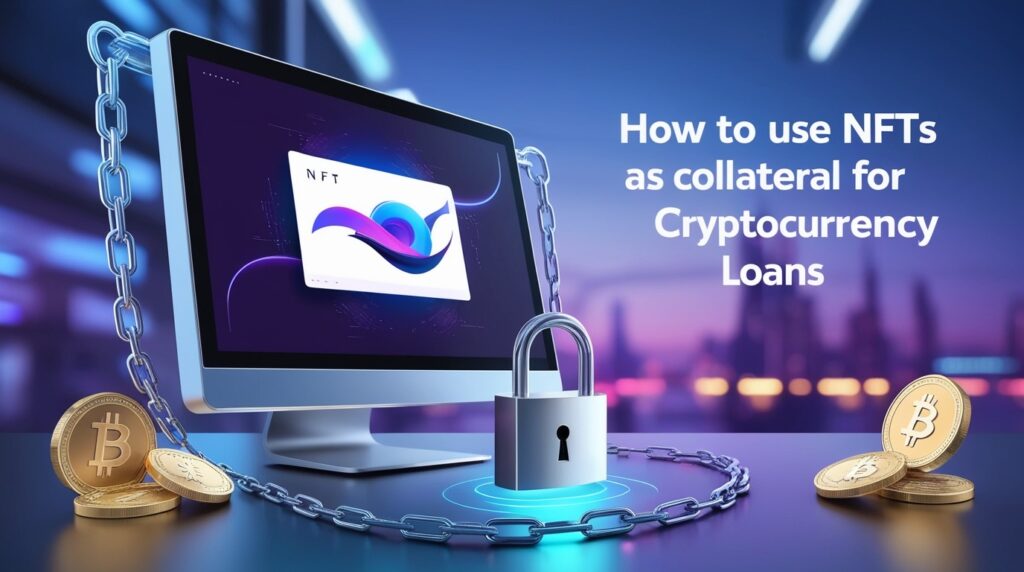In recent years, blockchain technology has gained immense attention for its potential to disrupt a wide range of industries, particularly in the financial sector. What started as the underlying technology for cryptocurrencies like Bitcoin has now evolved into a transformative tool for enhancing financial security. Blockchain’s decentralized, transparent, and immutable nature provides significant advantages for safeguarding financial transactions and assets.
This article will take an in-depth look at how blockchain is revolutionizing financial security, exploring its applications, benefits, challenges, and future outlook.
Understanding Blockchain Technology
Blockchain is essentially a decentralized digital ledger that records transactions across multiple computers in a secure, transparent, and tamper-proof manner. Unlike traditional centralized systems where a single entity has control, blockchain operates on a network of nodes (computers), each holding a copy of the entire transaction history. This decentralized model ensures that no single party can alter or manipulate the data, which is what makes blockchain a powerful tool for enhancing financial security.
Each block in the chain contains a set of transactions and is linked to the previous block through a cryptographic hash, forming an immutable chain. The consensus mechanism, typically Proof of Work (PoW) or Proof of Stake (PoS), is used to validate new transactions, ensuring that only legitimate ones are added to the blockchain. Once a block is added, it cannot be altered, making blockchain technology inherently resistant to fraud and tampering.
Enhancing Financial Security with Blockchain
1. Fraud Prevention and Transparency
One of the primary ways blockchain is enhancing financial security is through fraud prevention. In traditional banking systems, the centralized nature of data makes it susceptible to hacking, identity theft, and fraudulent activities. However, with blockchain’s decentralized approach, each transaction is independently verified by multiple nodes, making it virtually impossible for any malicious actor to alter the records without being detected.
Additionally, blockchain’s transparency allows all participants to view the same transaction history, providing an immutable record that can be audited at any time. This transparency not only deters fraud but also fosters trust among financial institutions and their clients, as all parties have access to the same data.
2. Smart Contracts and Automated Security
Smart contracts are self-executing contracts with the terms of the agreement directly written into code. These contracts are stored and executed on a blockchain, ensuring that they are tamper-proof and automatically enforced when specific conditions are met. In the financial sector, smart contracts can be used to automate various processes, including payments, insurance claims, and loan agreements.
By reducing human intervention, smart contracts minimize the risk of errors or fraud, ensuring that transactions are executed securely and in compliance with predefined terms. This level of automation also leads to faster and more efficient financial processes, further enhancing overall security.
3. Cryptographic Security
Blockchain technology relies on cryptographic techniques to secure transactions and data. Each transaction is encrypted, and the private keys needed to access the data are kept secure, ensuring that only authorized parties can initiate or modify transactions. The use of public and private keys also ensures that the identity of the transaction participants remains anonymous, enhancing privacy and security.
This level of encryption makes blockchain a highly secure method for conducting financial transactions, reducing the risk of data breaches and hacking attacks that have plagued traditional banking systems.
4. Decentralization and Resilience
The decentralized nature of blockchain is another key feature that enhances financial security. In a traditional financial system, central authorities like banks and payment processors serve as intermediaries. These centralized systems are vulnerable to cyberattacks, system failures, or even internal corruption, which can lead to significant financial losses.
Blockchain eliminates the need for intermediaries, as transactions are verified and validated by a network of nodes, making it far more resilient to attacks or failures. Even if one part of the network is compromised, the rest of the blockchain remains intact, ensuring the continued security and integrity of the financial system.
5. Data Integrity and Immutability
One of the most significant advantages of blockchain in the realm of financial security is its immutability. Once a transaction is recorded on the blockchain, it cannot be changed or deleted. This provides an immutable record of all financial transactions, which is crucial for maintaining data integrity.
For example, in the case of cross-border payments, blockchain ensures that the transaction history is tamper-proof, providing a clear audit trail. This reduces the potential for fraud, errors, or disputes, and increases confidence in the accuracy and legitimacy of financial transactions.
Real-World Applications of Blockchain in Financial Security
1. Cross-Border Payments and Remittances
Blockchain technology is transforming the way cross-border payments and remittances are processed. Traditional methods of sending money internationally involve multiple intermediaries, which can lead to delays, high fees, and a lack of transparency. Blockchain, however, enables direct peer-to-peer transactions without the need for intermediaries, reducing costs and speeding up the process.
For instance, Ripple, a blockchain-based payment protocol, has partnered with banks and financial institutions to facilitate fast, low-cost international payments. By utilizing blockchain’s secure and transparent nature, Ripple ensures that cross-border transactions are conducted with greater financial security, reducing the risk of fraud or mismanagement.
2. Decentralized Finance (DeFi)
Decentralized Finance, or DeFi, is an emerging sector within the blockchain ecosystem that aims to replicate traditional financial services using decentralized technologies. DeFi platforms allow users to borrow, lend, trade, and invest without relying on centralized intermediaries like banks or brokers. Instead, these transactions are facilitated through smart contracts and decentralized applications (DApps) running on blockchains like Ethereum.
DeFi platforms are particularly appealing because they offer financial services to individuals who are unbanked or underbanked, especially in developing countries. Additionally, the security and transparency provided by blockchain ensure that users’ assets are protected, and the terms of the financial agreements are enforced automatically.
3. Blockchain in Identity Verification
Identity verification is a critical component of financial security. Blockchain technology can enhance identity management by providing a secure, digital identity system that eliminates the need for traditional methods of identification, such as passwords or physical ID cards.
Through blockchain, individuals can control their personal data and share it securely with trusted parties. This system, known as Self-Sovereign Identity (SSI), enables secure identity verification for financial services, reducing the risk of identity theft and fraud. Companies like uPort and Sovrin are already working on blockchain-based identity solutions to improve financial security and reduce the complexities of traditional identity management.
4. Insurance Industry Transformation
Blockchain is also making significant strides in the insurance industry. Traditional insurance models often involve complex paperwork, third-party intermediaries, and lengthy claims processes, which can lead to inefficiencies and fraud. Blockchain technology can streamline these processes by automating claims through smart contracts, verifying policyholders’ information securely, and ensuring that payments are processed quickly and accurately.
For example, blockchain can be used to track assets and policies, ensuring that coverage is accurate and fraud is minimized. Additionally, decentralized insurance platforms are emerging, offering peer-to-peer insurance models that eliminate the need for traditional insurers, making the process more secure and cost-effective.
Challenges of Blockchain in Financial Security
While blockchain offers tremendous potential for enhancing financial security, there are still some challenges that need to be addressed:
- Scalability: Blockchain networks, especially those using Proof of Work (PoW), can struggle with scalability issues. As the number of transactions increases, the network can become congested, leading to delays and higher transaction costs.
- Regulatory Uncertainty: Governments and regulatory bodies are still working to define how blockchain technology should be governed, which creates uncertainty for businesses and investors.
- Adoption and Integration: Integrating blockchain technology into existing financial systems can be complex and costly, particularly for large institutions with legacy systems.
The Future of Blockchain in Financial Security
The future of blockchain in financial security looks promising, with continued innovations and increasing adoption across industries. As blockchain technology matures, it is expected that more financial institutions will embrace it to streamline operations, enhance security, and reduce costs.
Moreover, advancements in blockchain interoperability, scalability solutions, and regulatory frameworks will address many of the current challenges, making blockchain an even more integral part of the financial landscape. As blockchain becomes more widely accepted, it will not only revolutionize financial security but also reshape the global financial system, fostering greater trust, transparency, and efficiency.
Conclusion
Blockchain is undeniably transforming the financial sector, offering unparalleled benefits in terms of security, transparency, and efficiency. Its ability to prevent fraud, automate transactions, and ensure data integrity positions it as a cornerstone of the future of financial security. While challenges remain, the continued development and adoption of blockchain technology will undoubtedly lead to a more secure, transparent, and resilient financial ecosystem. The revolution is just beginning, and blockchain is at the heart of this change.
FAQS
What makes blockchain more secure than traditional financial systems?
Blockchain’s decentralized structure means that no single entity controls the data, reducing the risk of hacking or fraud. Additionally, transactions are encrypted and recorded in an immutable ledger, ensuring that they cannot be altered or tampered with.
How do smart contracts contribute to financial security?
Smart contracts automatically execute and enforce predefined terms when certain conditions are met, eliminating the need for intermediaries and reducing the risk of human error. They provide a tamper-proof and transparent way of managing financial transactions.
Can blockchain prevent identity theft in financial transactions?
Yes, blockchain can securely store and manage digital identities, allowing individuals to control their personal data. This decentralized system reduces the risk of identity theft by ensuring that only authorized parties have access to sensitive information.
What are the main challenges of using blockchain for financial security?
Despite its benefits, blockchain faces challenges such as scalability issues and regulatory uncertainty. Additionally, integrating blockchain into existing financial systems can be costly and complex for large institutions.
How is blockchain used in cross-border payments?
Blockchain enables direct peer-to-peer transactions, eliminating the need for intermediaries, which reduces costs and speeds up the process. Its transparency and security make it an ideal solution for ensuring safe and efficient international payments.










